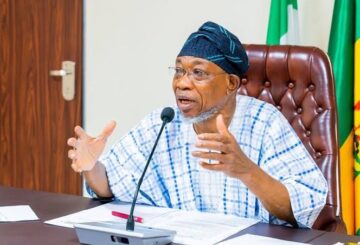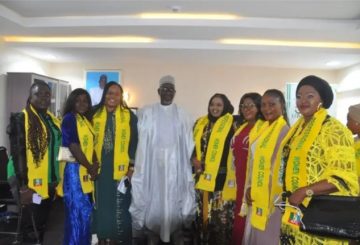
According to data from the Nigeria Inter-Bank Settlement System, Nigerians spent N1.69tn electronically on utility bills like power, Pay TV subscriptions, et.c in the first seven months of 2022, which gives a 32.06 per cent increase from the N1.28tn that was electronically spent on utilities in the corresponding period of 2021.
According to NIBSS, “e-BillsPay is an electronic bill payment platform that facilitates the payment of Bills, Fees, Levies, Premiums and Subscriptions, etc. by the banking public through electronic payment channels provided and managed by banks.”
It further stated that the payment gateway worked by allowing billers to validate data and notification of successful payments before connecting to the bank for customers to view a list of billers and payment receipts after a successful transaction.
Its touch points include: bank branches, internet banking, mobile banking and USSD, and agent network. While data reveal that payment value has increased, it is also quite noticeable that volume has decreased.
Reports revealed that in the first seven months of 2022, the e-bill pay platform was used 562,030 times, which was a 24.16 per cent decrease from the 741,081 times it was used in the corresponding period of 2021.
A telecommunications expert who would like to remain anonymous said, “When people make payments, they don’t have to wait for a long while before it reflects. People can pay on the go and get the service immediately.
“Convenience and speed are the two key drivers for it. It is important now that we are talking about financial inclusion with PSBs and other mobile money where in areas without access to banks, people can use phones to carry out financial transactions.
“Convenience and speed are driving this. Mobile is driving this adoption fast. As I have said, mobile enables on-the-go payment. It is not location-based. Mobile is the way to go, mobile is what is driving adoption.”
The National President, Association of Mobile Money Agents in Nigeria, Victor Olojo, also added that, “Primarily, the increase in mobile usage and mobile payment has helped very aggressively in e-bills payment as people now have access to mobile phones and are now able to do payments themselves.
“Secondly, with financial inclusion, more people have access to finance and that way, they can link their accounts to their mobile numbers to carry out transactions. Also, a bulk of e-bills payments has to do with utilities, PayTV, and power. More Nigerians have been able to embrace mobile banking.”




